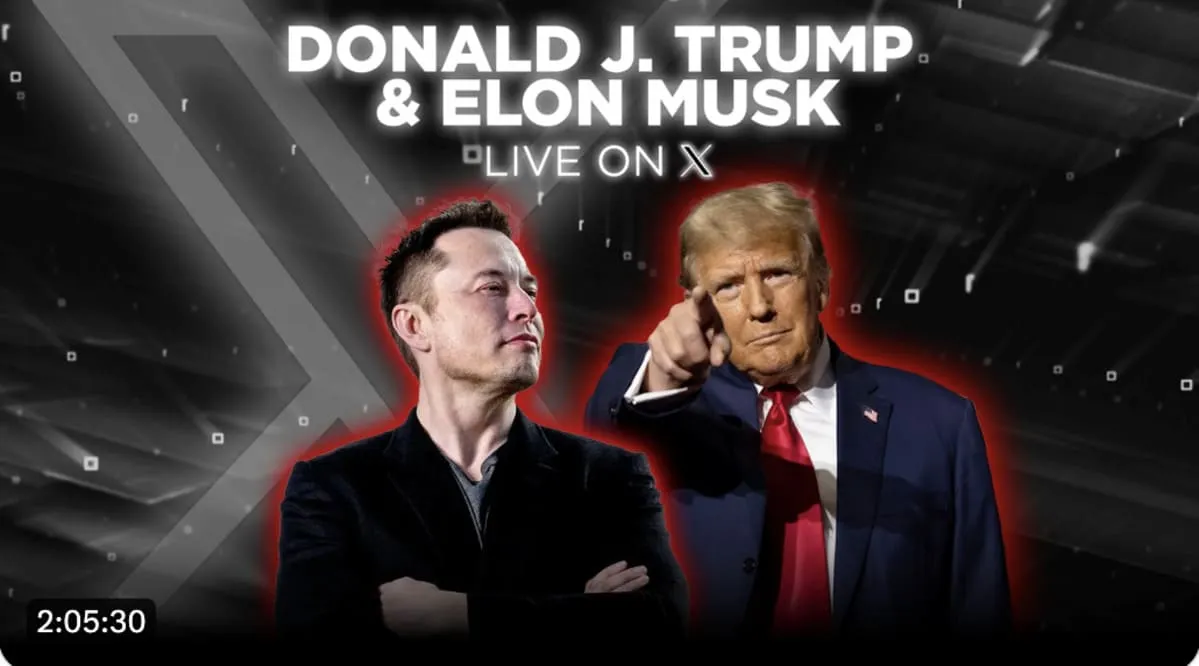The Battle for Freedom of Speech: Elon Musk vs. European Bureaucracy

“Detailed regulations in defense of freedom create servitude. Freedom thrives best in neglected corners.” These profound words by Nicolás Gómez Dávila perfectly capture the path civilization has taken: an anxious rush to create paper-based laws to protect freedom, which all too often end up becoming oppressive bonds.
The European Union’s struggle with bureaucratic and regulatory excess is well-known and glaringly obvious. The lack of full democratic legitimacy in some of its bodies often results in an abundance of rules, transforming the principle of legality into mere procedural legality.
The EU seems to say, “We are not political entities but bureaucratic ones,” echoing Kojéve’s thoughts, justifying their rule-making endeavors.
Commissioner Breton vs. Elon Musk
Commissioner Thierry Breton, the mastermind behind the recently approved Digital Services Act (DSA), has been engaging in a fierce battle against Elon Musk and X. However, in the case of the conversation between Musk and former US Presidential candidate Donald Trump, Breton crossed a line, risking a diplomatic incident and interfering in the US electoral process.
In an unprecedented move, Breton sent a harsh letter to Musk, expressing concern over potential spread of fake news following the interview with Trump. This move, unapproved by the Commission itself, provides Trump and Musk with a potent weapon to criticize European bureaucratic overreach and interference in non-EU countries’ internal affairs.
The DSA and Freedom of Expression: A Global Issue
The EU’s ambition to regulate the global digital ecosystem is evident through frameworks like the GDPR. The DSA aims to combat disinformation and fake news, extending its reach beyond EU borders. However, this regulatory ambition faces challenges and complexities, particularly in defining platforms as publishers with associated responsibilities.
Are Social Media Platforms Publishers?
Designating platforms as publishers would spell doom for digital platforms, subjecting them to editorial responsibilities akin to traditional publishers. The DSA’s compliance mechanisms aim for regulated self-governance rather than making platforms liable as publishers.
The EU and the “Facebook Model”
The EU’s stringent regulations, as seen with the DSA, have already forced platforms like Meta to over-censor to avoid risks. Is this the model the EU envisions, where artistic and literary content gets censored to comply with unclear regulations?
The Thin Line Between Power Abuse and Political Expediency
The regulatory challenges of determining what constitutes fake news and when it justifies censorship are complex and politically charged. As Tucidide’s mention of false letters demonstrates, distinguishing truth from falsehood and determining when misinformation warrants censorship remains a contentious issue with far-reaching consequences.
Let’s navigate this delicate balance between upholding freedom of speech and safeguarding against harmful misinformation while steering clear of political agendas that may compromise our fundamental rights and the integrity of digital platforms. The battle for a truly free and informed society continues.



